
Russia orders Google to unbundle its apps on Android
After three weeks of discussion over the punishment for Google, Russian Federal Anti-Monopoly Service has ordered the company to unbundle applications on Android.
The complaint, originally filed by Yandex, asked for a change to Google’s pre-installation of apps. Instead of Google deciding what apps should and shouldn’t be on a mobile, the manufacturer will be able to pick and choose from a variety of services.

Russia opens antitrust investigation against Google
Google has been hit by anti-monopoly lawsuits all over the world. The Americas, Europe, India, China, have all had (or currently have) some sort of lawsuit against the search giant, claiming the American company abuses its dominant position in the search engine market.
Now, Russia is jumping on the bandwagon, with its anti-monopoly agency saying Google is using Android to promote its other services.
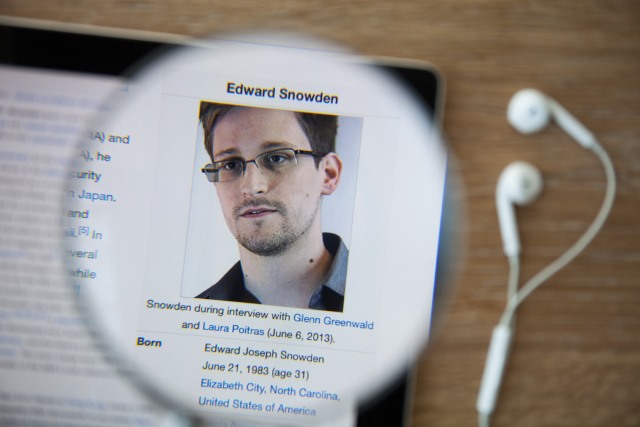
Snowden: web restrictions are 'wrong in Russia, would be wrong anywhere'
Edward Snowden might be holed up in Russia, but that's not going to stop him from criticizing the country. While accepting the Norwegian Academy of Literature and Freedom of Expression’s Bjornson prize, the former NSA contractor used a speech to call Russia's attitude to internet freedom and homosexuality as "fundamentally wrong".
The US government has indicated that it has no intention of pardoning Snowden so he remains in exile -- for now, this is in Russia. Not shy to court controversy -- and possibly biting the hand that feeds -- he has hit out at the Russian government saying that its control and restrictions it places on the web are a "mistake in policy".
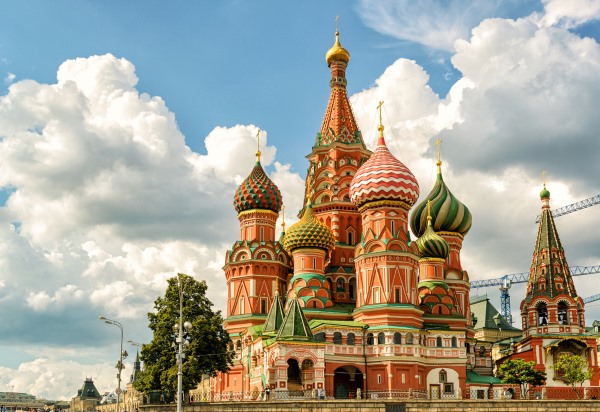
Russia bans Wikipedia because Russia (and drugs)
Russia has placed a complete ban on Wikipedia because of an article about cannabis. The country's Federal Service for the Supervision of Communications, Information Technology and Mass Media (Roskomnadzor) took exception to an article about charas -- a cannabis product popular in India.
The Russian Federal Drug Control Service deemed the article illegal because it included information about how the drug is made. Wikipedia's policy of not removing individual articles could mean that Russia's censors have no alternative but to block the site in its entirety.
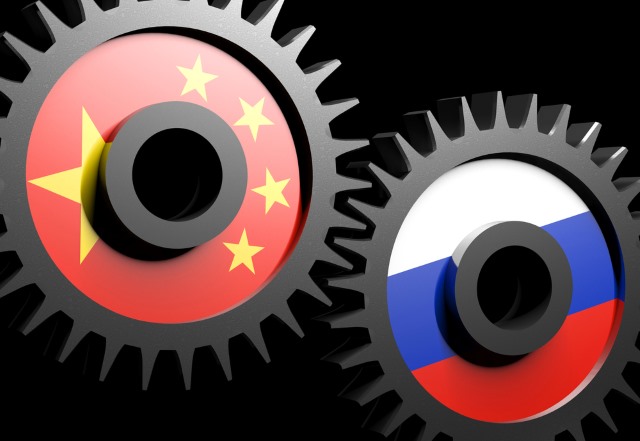
Reddit blocked in China, Wayback Machine blocked in Russia
It is becoming increasingly common for governments around the world to block access to websites they don’t approve of for one reason or another. The most frequent censor is China, and the latest site to fall victim to the Great Firewall of China is Reddit. If you're not able to pop over to China to check whether the site is blocked, you can use Blocked In China to test whether any site is accessible from within the country.
This is not the only site which people are having trouble accessing. Over in Russia, the Internet Archive -- responsible for the nostalgia-inducing Wayback Machine -- is also blocked. While the blocking of Reddit in China has probably been done on purpose, the same may not necessarily be true in Russia.

Russia's secret online pro-Putin propaganda army outed
The internet is an incredibly powerful propaganda tool, and this is something that certain countries around the world have latched onto. The likes of China, North Korea, and Russia have long been either accused of, or known to, use the web to spread government messages and controlling what others are able to publish online.
Now a court case in Russia has blown the lid on a secretive agency which promotes a positive image of Vladimir Putin online. The Agency for Internet Studies operates from St Petersburg and has been dubbed a "troll factory". An employee took the agency to court for allegedly making labor violations and underpaying workers. Unwillingly thrust into the public eye, the agency is keen to wrap things up quickly to avoid further scrutiny.

Snowden files hacked by China and Russia
UK secret services say that the encrypted files Edward Snowden held from his time working at the NSA have been accessed by intelligence agencies in China and Russia. The Sunday Times reports that the top secret files have been hacked meaning that British and American spies could be identified and located.
Wanted by US authorities, Snowden has been in hiding for some time now. It is believed that the time he spent seeking refuge in Hong Kong and Moscow may have given security official the opportunity to access the data he held. Although the data was protected, it is thought that the encryption was hacked, and US and UK intelligence services have been "forced to intervene and lift their agents from operations to prevent them from being identified and killed".

HP is Putin Ubuntu Linux on Russian computers
Linux is an unstoppable force; well, except on the desktop where it is barely used. While some PC manufacturers, such as System76, sell computers running Ubuntu and other distros, the average consumer will have difficulty buying such a machine in a physical store. The closest they can get is a Chromebook or Chromebox, but I digress.
Some Windows partners, such as Dell, offer Linux-based operating systems as an alternative, but this is few and far between. HP, however, is planing to sell machines in Russia running the Ubuntu operating system. I suppose you could say the company is Putin (puttin') Linux on the desktop there!

Google faces anti-trust probe in Russia over Android
Google has a new battle on its hands, this time in the form of a potential anti-trust probe in Russia. Yandex, the internet company behind the eponymous Russian search engine, has filed a complaint to the Federal Antimonopoly Service (FAS). Yandex claims that the US search giant is abusing its position by bundling Google services with Android.
It claims that users are forced into using the Google ecosystem including Google Search, and that it is difficult to install competing services on smartphones and tablets. There are distinct echoes of the antitrust lawsuits Microsoft has faced for its bundling of Internet Explorer with Windows.
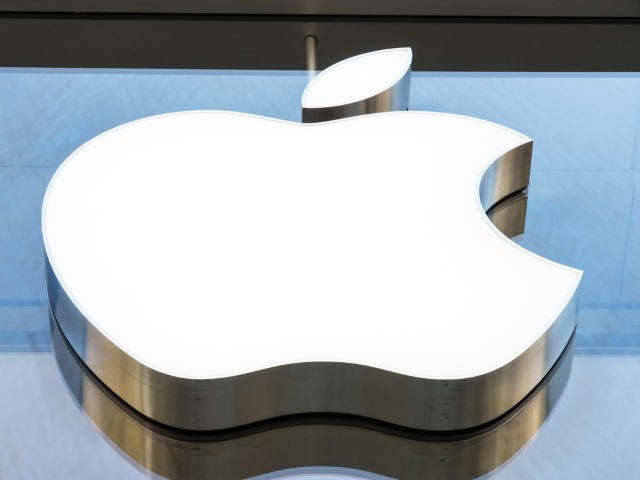
Apple puts sales on hold in Russia as rouble collapses
The financial crisis in Russia is beginning to have an impact on the rest of the world. The value of the rouble has been fluctuating tremendously, but is generally on a downward trajectory -- it plummeted in value by 20 percent so far this week. For Apple the uncertainty about how things could pan out is too much, and the company has stopped sales of iPads, Macs and iPhones on the Russian version of its online store.
As reported by the BBC, Apple had to increase its prices in Russia last month as a result of the devaluing of the rouble. But now a more drastic step has been taken. Head to the Russian Apple Store now and you're greeted by a virtually blank page rather than the latest tech from the company.

Russia and China have the best hackers
So which country boasts the most skilled hackers? Well, that would be Russia and China, at least according to a new report from MWR InfoSecurity.
In a survey of UK cyber-security pros, MWR found that 34 percent believed the most skilled hackers are Russian. China was second, although quite some distance behind Russia with 18 percent saying Chinese hackers were the most highly skilled.
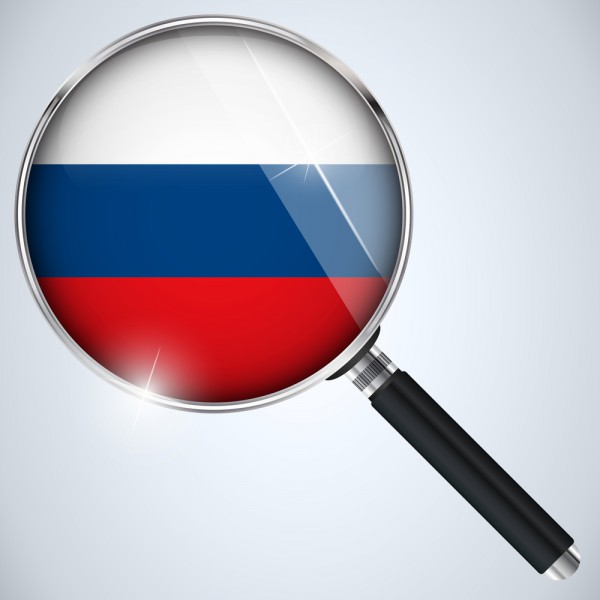
Bitcoin will do nicely -- the state of Russian cyber crime
Banking fraud is down, mobile threats are up and cryptocurrency is the preferred payment method in the world of Russian cyber criminals.
Fraud prevention and cyber crime investigation specialist Group-IB has released a report on the Russian high-tech crime market in 2014. The report provides detailed assessments of the who, what, where and how of high-tech crime, who is behind what crimes, where they originate and who they target.
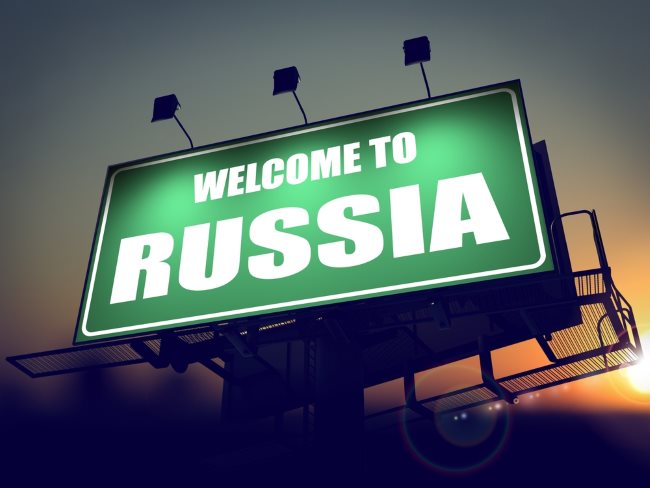
Edward Snowden can stay in Russia for at least three more years
The enfant terrible of the tech world, and the thorn in the side of the NSA, Edward Snowden has been granted permission to stay in Russia for a further three years. The former NSA analyst turned whistle-blower sought exile in the country a year ago and on August 1st he was granted an extension. The three-year residency permit was approved a week ago, but has only just been made public by Snowden's lawyer. Anatoly Kucherena explained that Snowden himself would hold a press conference as soon as possible, reported Russia Today.
The US has tried to force Russia to hand over Snowden so he can face charges in his home country, but for the time being, he will be able to stay where he is. If he feels inclined, the permits allows for him to travel abroad for up to three months, and he is free to travel wherever he wants within Russia. Although he has not expressed an interest in doing so, Snowden would be eligible to apply for permanent residence in Russia in five years' time.
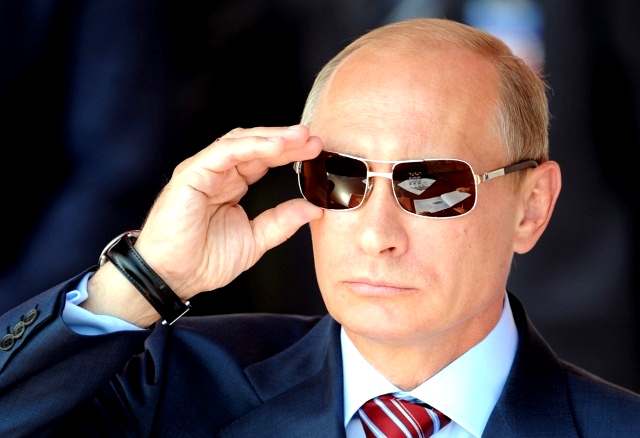
Russia offers a $112,000 bounty to anyone who can crack Tor
Russia's government has issued a 4 million rubles (about $112,000) bounty to anyone who cracks the Tor anonymity network's encryption protocols.
Tor, which began as a secret project from the US Naval Research Laboratory, works by piling up layers of encryption over data, nested like the layers of an onion, which gave the network its original name, The Onion Router (TOR).

Is Russia on the verge of creating its own controlled, closed internet?
The idea of a closed internet is hardly new; turn your eyes to East Asia, and the Great Firewall of China looms large. The Chinese government is well known for the control it likes to exert over the levels of access its citizens have to the internet, and there have been numerous well-publicized cases of censorship and access being restricted to pages that refer to certain events in the county's history. The country is highly defensive of its image, and goes to great lengths to fight off western influence -- including going as far as banning Windows 8 on government computers lest machines furnished with Microsoft's most recent operating system be used for spying on the People's Republic of China. Now it looks as though Russia could be going down a similar route.
Russian parliament has just passed a law that requires internet companies to store data about Russian citizens within the county's boundaries. The move can be viewed in a couple of ways. It is no secret that the Russian government, and Vladimir Putin in particular, is no fan of social media -- social networks were used by Russians to voice their disapproval at Putin's activities. It is thought that the move to contain citizen's data without Russia is a bid to create a Russian version of China's closed internet.
